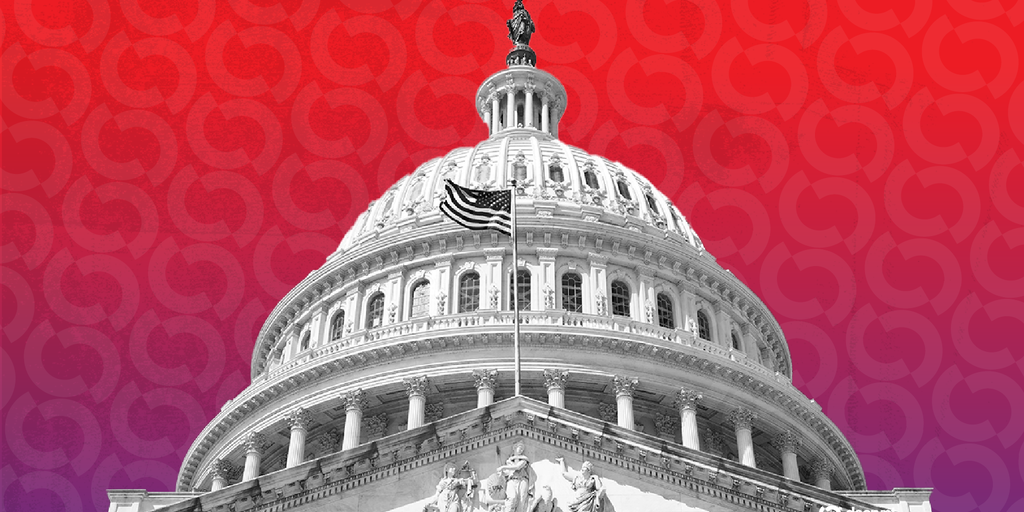
In brief
- The Algerian government has expanded the country’s 2018 Financial Law to ban all crypto-related activities in the country.
- The extended legislation prohibits crypto trading, ownership and mining, with penalties including fines and jail time.
- The law goes against the global trend of increasing crypto liberalization, with commentators suggesting that blanket bans are challenging to enforce.
The Algerian government has introduced a new law explicitly banning all crypto-related activities, including trading, ownership and mining.
Enacted on July 24, the legislation expands and extends the 2018 Financial Law, which prohibited the holding and exchange of cryptocurrencies but didn’t cover mining activities.
The new provision acts as a crypto-focused amendment to the 2005 law on Preventing Money Laundering and Financing Terrorism, with the Algerian government framing the ban as a necessary measure to combat illicit financial streams.
The scope of the law covers all potential activity involving cryptocurrencies, extending to issuance and promotion, as well as the offering of crypto-trading services.
Violations could be met with prison sentences of between two to 12 months, and/or a fine between 200,000 and 1 million dinars (c. $1,500 to $7,700).
However, more serious offences involving financial and organised crime could be met with steeper penalties and sentences, which would be decided on a case-by-case basis.
Algeria bucks the crypto trend
By expanding its ban on crypto, Algeria is bucking the worldwide trend of increasing liberalization, with even China announcing a shift in its formerly hardline policy earlier in July.
And for most commentators and experts, blanket bans on cryptocurrency activity are rarely effective.
In fact, this is evident in the case of Algeria itself, since despite banning crypto trading and ownership in January 2018, its cryptocurrency market has grown considerably since.
“Algeria is the 6th largest country in the Middle East and North Africa region by cryptocurrency value received, according to our 2024 Geography of Cryptocurrency Report,” Matthias Bauer-Langgartner, Head of Policy Europe at Chainalysis, told Decrypt.
According to Bauer-Langgartner, there is now a broad consensus among international financial organizations that broad-based bans are “very challenging to effectively implement,” as the FATF reported in a June update.
Rather than eliminating activity, he explained, “broad-based restrictions tend to drive the crypto ecosystem underground, fuelling gray markets where users lack safeguards and protections.”
Ultimately, this makes it harder for law enforcement agencies to track and ringfence illicit activity, a conclusion also reached by Ari Redbord, the VP Global Head of Policy and Government Affairs at TRM Labs.
“It’s incredibly difficult for any single jurisdiction to fully enforce a ban when transactions can move instantly across borders and platforms,” he told Decrypt. “We’ve seen this in countries like China, India, and Nigeria, which have implemented bans or heavy restrictions at various points, only to see crypto activity continue—often through underground markets or foreign platforms.”
For Redbord, it would be more productive to introduce regulation that grants trading platforms legitimacy in exchange for complying with standards of transparency.
He adds, “Instead of outright bans, the more effective approach is regulation that brings activity into the light, enabling law enforcement and regulators to protect consumers while still supporting innovation.”
Daily Debrief Newsletter
Start every day with the top news stories right now, plus original features, a podcast, videos and more.




